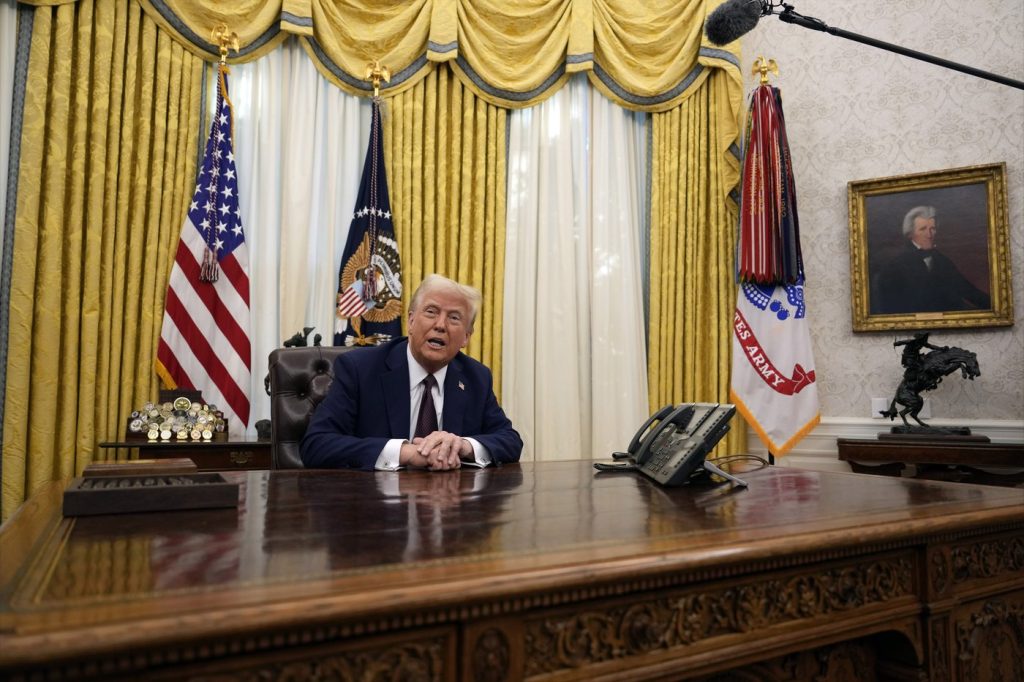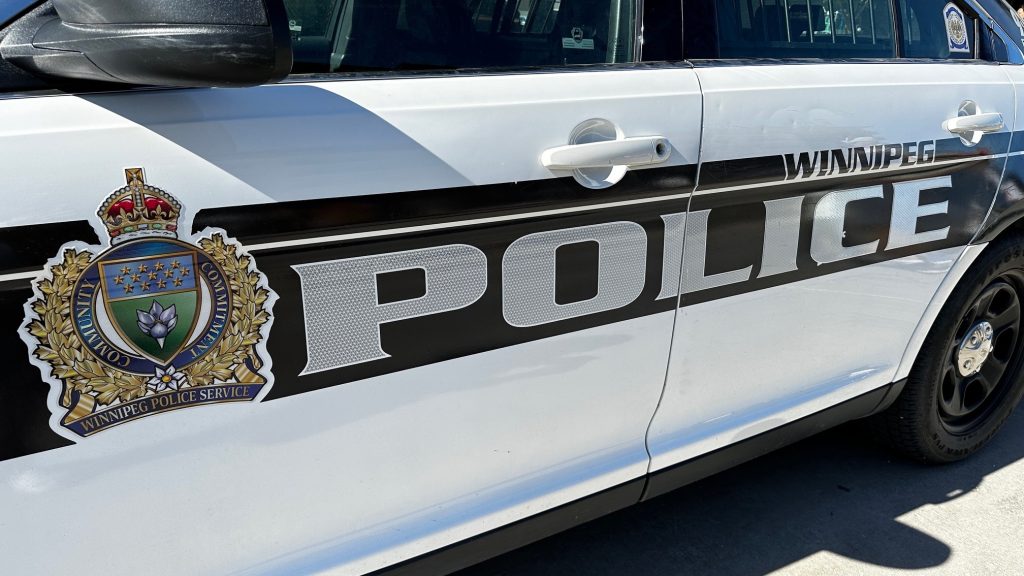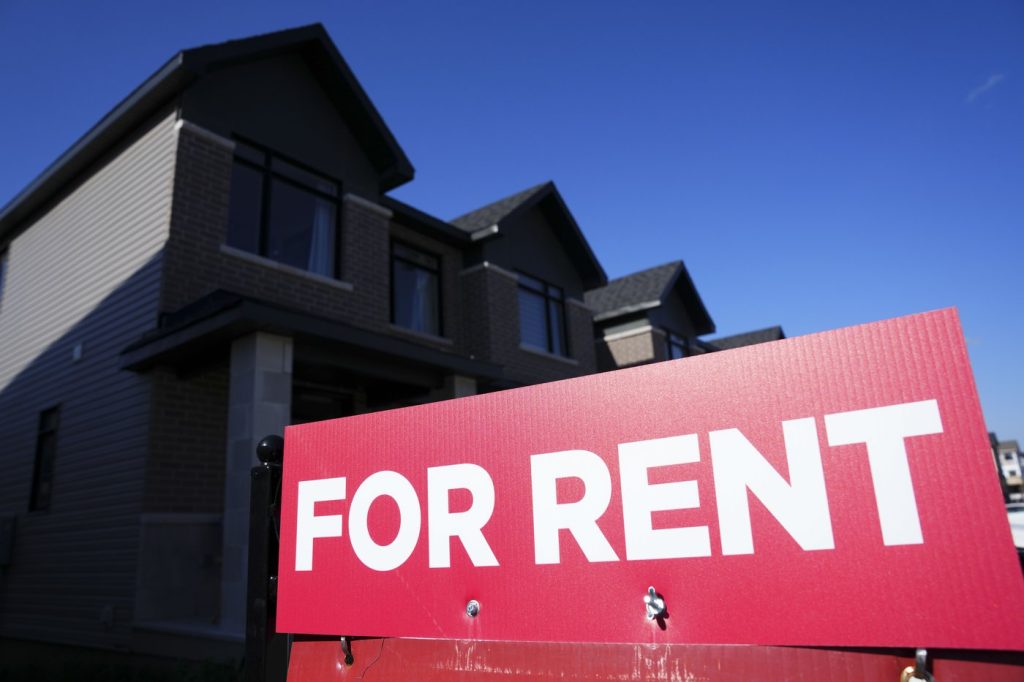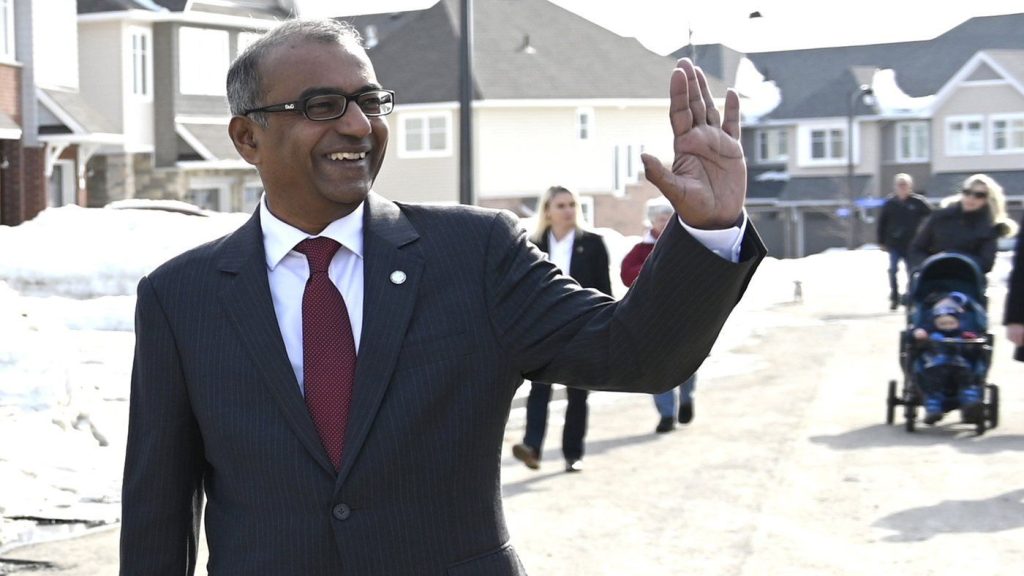Trump’s sweeping pardon of rioters highlights differences in U.S., Canadian systems

Posted January 25, 2025 5:00 am.
OTTAWA — In one of his first acts upon taking office Monday, U.S. President Donald Trump pardoned or moved to dismiss the cases of some 1,500 people charged in the Capitol riots of Jan. 6, 2021.
The sentences of 14 people, including several convicted of seditious conspiracy, were reduced to the time they had already served.
Could a Canadian leader issue a similarly sweeping pardon?
Over the years, Canadian politicians have set in motion legal procedures to pardon a group of Prairie farmers and erase convictions for sexual behaviour that was once against the law.
But there are important differences between the Canadian and American systems.
Here’s a look at how things unfolded in the United States and the scope for political involvement in the Canadian pardon process.
Trump’s proclamation
The Jan. 20 order freed from prison people caught on camera viciously attacking police, as well as leaders of far-right extremist groups convicted of orchestrating violent plots to stop the peaceful transfer of power after Trump’s 2020 election loss.
The clemency order flowed from broad presidential powers in the U.S. Constitution, delivering on a Trump campaign promise for the rioters he frequently called “patriots” and “political prisoners.”
Pardons have been granted by U.S. presidents for centuries, beginning with George Washington in the 1700s.
The American Bar Association says there are limits on presidential pardon powers: a president cannot pardon someone for a state crime, and constitutional experts are divided on whether a president can pardon himself.
Pardon policies and practices at the state level vary by jurisdiction.
Canadian procedures
Record suspensions: People convicted of a criminal offence may be eligible to seek a record suspension, formerly known as a pardon, through an application to the Parole Board of Canada. An applicant must complete their sentence and demonstrate they have been a law-abiding citizen for a specified number of years.
A record suspension means the criminal record will not be erased but will be kept separate and apart. A suspension can help an offender rejoin society by opening the door to meaningful work, housing and education.
In 2019, legislation introduced by the Liberal government of Justin Trudeau took effect, providing for no-cost, expedited record suspensions for simple possession of cannabis. The legislation waived fees and the usual application wait periods.
Royal Prerogative of Mercy: The prerogative is a broad, discretionary power allowing the Governor General or the federal cabinet to grant clemency in exceptional circumstances involving federal offences.
The Criminal Code authorizes the federal cabinet to grant free or conditional pardons and to order cancellation of all or part of a penalty, such as a fine. A free pardon is unconditional, meaning the individual is deemed to have never committed the offence. A conditional pardon has the same meaning and effect as one granted through the usual application process.
The exercise of these powers is considered by the cabinet on the advice of the public safety minister or at least one other minister, according to background information published by the Parole Board.
The board reviews clemency applications, conducts investigations at the direction of the public safety minister and makes recommendations to the minister on whether to grant a clemency request.
In 2012, the Conservative government of Stephen Harper cited the Royal Prerogative of Mercy in pardoning western Canadian farmers convicted in the 1990s for taking their grain across the border to sell in the U.S.
Harper announced the pardons on a farm near Kindersley, Sask., as new federal legislation ended the Canadian Wheat Board’s decades-old monopoly on western wheat and barley sales.
Expungement: The Trudeau government ushered in the Expungement of Historically Unjust Convictions Act, one element of a formal apology in 2017 to the LGBTQ community for convictions that ruined careers and lives.
The law initially allowed people to apply to the Parole Board to have their criminal convictions for consensual sexual activity between same-sex partners erased from federal databases. The list was later expanded to include a number of indecency and anti-abortion offences that are no longer on the books.
Family members or trustees can apply on behalf of people who have died.
The ‘absolute limit’ of executive power
Jeffrey Meyers, a criminology instructor at Kwantlen Polytechnic University, said while states that respect the rule of law allow elected officials to exercise such pardon powers, “they can be abused and are potentially dangerous.”
“This is because they involve the unconstrained exercise of executive power to reverse or otherwise undermine the judicial branch,” he said.
In Canada, he said, this can amount to a prime minister acting “at the absolute limit of their power.”
The cases involving wheat-selling farmers and activity between same-sex partners speak to the respective politics of Harper and Trudeau, said Kate Puddister, an associate professor in the department of political science at the University of Guelph.
She noted that both were efforts to address injustices under laws that were no longer valid, making the Canadian use of such remedies “quite different” from the U.S. presidential pardon power.
Neil Boyd, professor emeritus of criminology at Simon Fraser University, said he cannot imagine any current or former Canadian government granting pardons for acts of criminal violence.
“But that is what has now happened in the United States — fairly cast as a blatant attack on democratic process, and more pointedly, on the rule of law.”
— With files from The Associated Press








